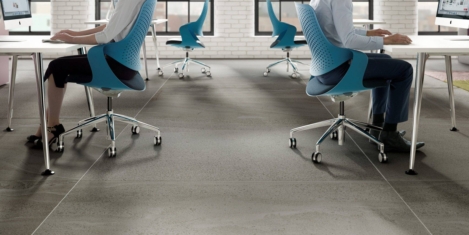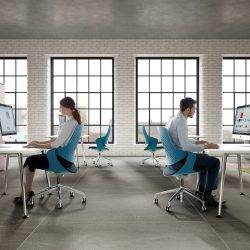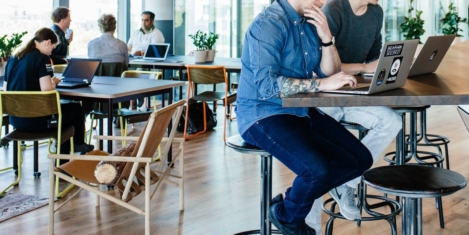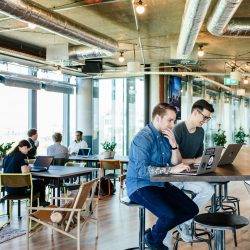May 23, 2017
British Council for Offices launches competition to imagine the office of 2035 0
 Participants in a new competition to define the ‘office of the future’ will be asked to consider ‘what it will look like, and how it will support the way we will work’ by the British Council for Offices (BCO). The free-to-enter competition is seeking ‘forward-thinking and innovative responses, challenging the conventionalities of today’s workplaces and anticipating future needs’. The BCO hopes that the NextGen programme will allow it to ‘mentor the next generation of professionals – designers, agents, developers, consultants and others – and provides a platform for emerging talent to share their ideas’. The announcement cites social, economic, cultural and technological factors as the main agents of change, leading to changes in the expectations of employers and workers. It suggests that ‘ubiquitous and instantaneous technology; a growing interest in health and wellbeing; a greater desire for organisational flexibility; and an increased awareness of individual’s needs are now all competing factors within the workplace’.
Participants in a new competition to define the ‘office of the future’ will be asked to consider ‘what it will look like, and how it will support the way we will work’ by the British Council for Offices (BCO). The free-to-enter competition is seeking ‘forward-thinking and innovative responses, challenging the conventionalities of today’s workplaces and anticipating future needs’. The BCO hopes that the NextGen programme will allow it to ‘mentor the next generation of professionals – designers, agents, developers, consultants and others – and provides a platform for emerging talent to share their ideas’. The announcement cites social, economic, cultural and technological factors as the main agents of change, leading to changes in the expectations of employers and workers. It suggests that ‘ubiquitous and instantaneous technology; a growing interest in health and wellbeing; a greater desire for organisational flexibility; and an increased awareness of individual’s needs are now all competing factors within the workplace’.








 In this week’s
In this week’s 




























May 10, 2017
The new normal arrives for the commercial property sector 0
by Gary Chandler • Comment, Facilities management, Property, Workplace design
More →